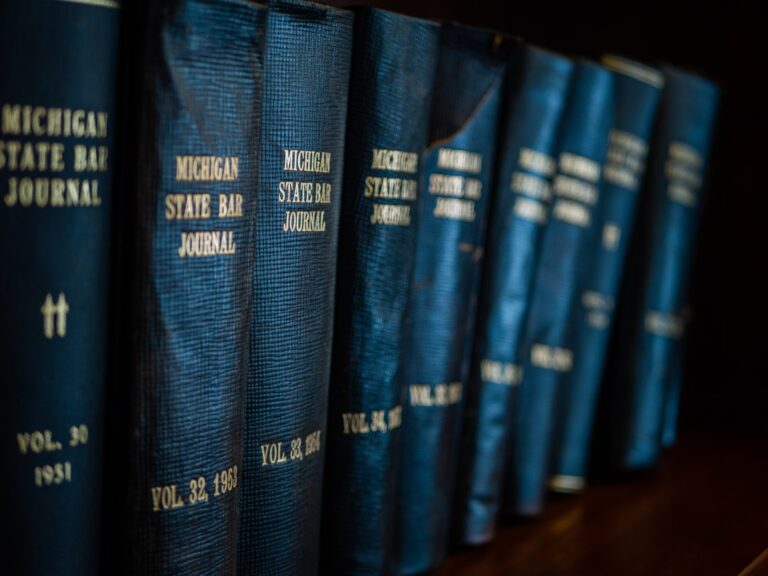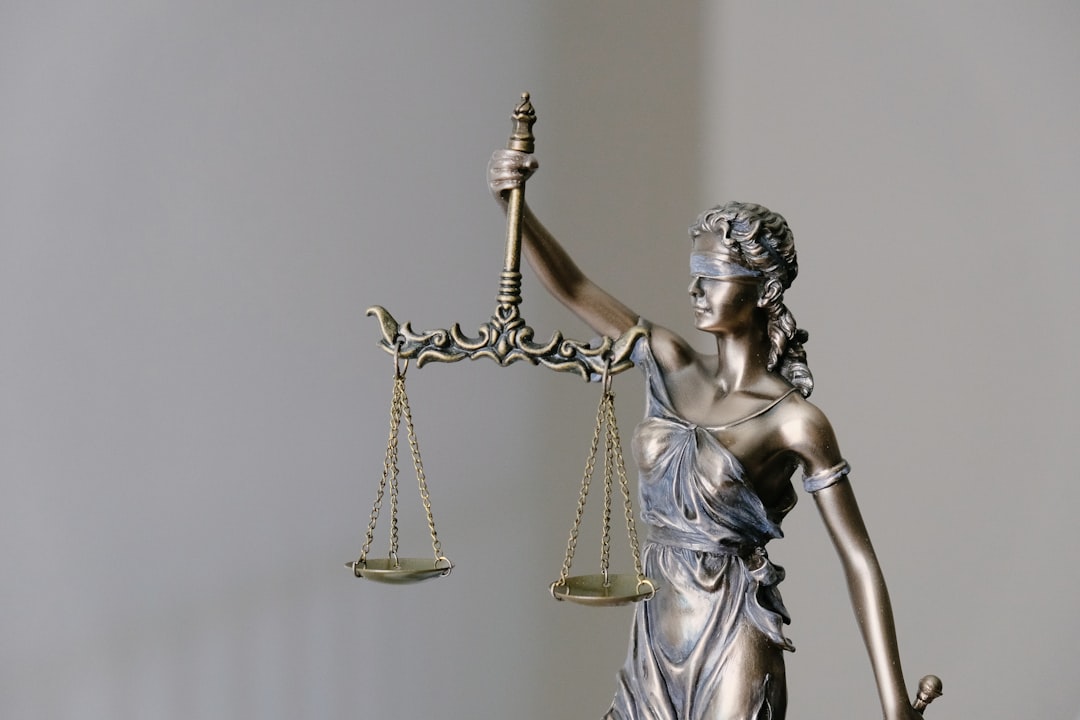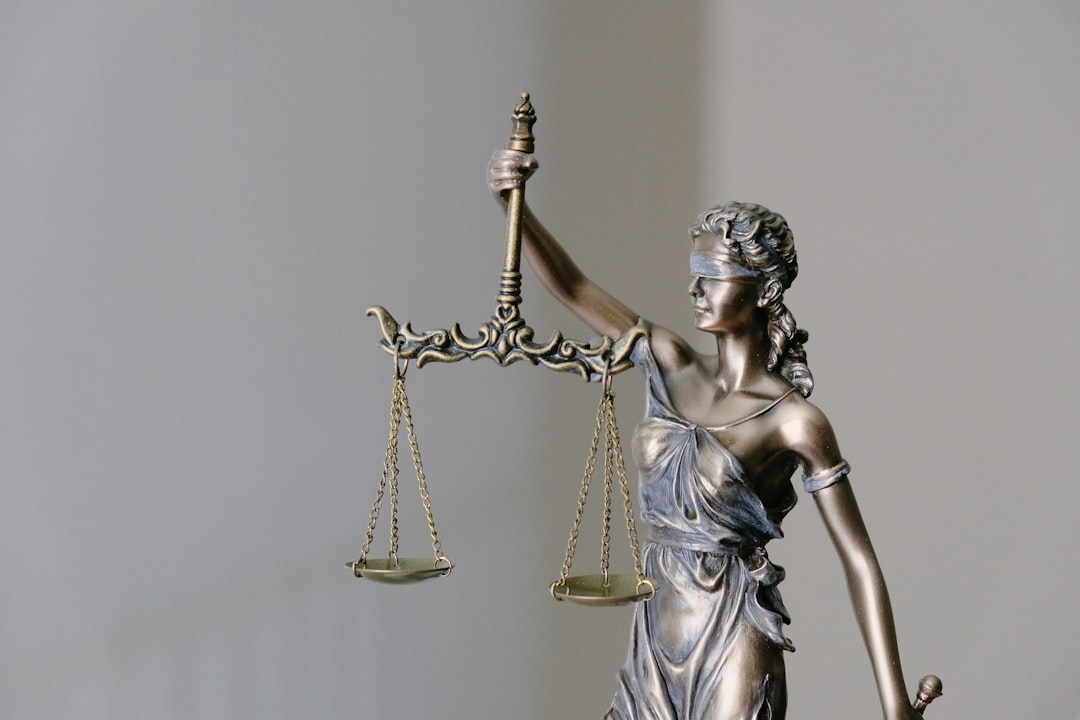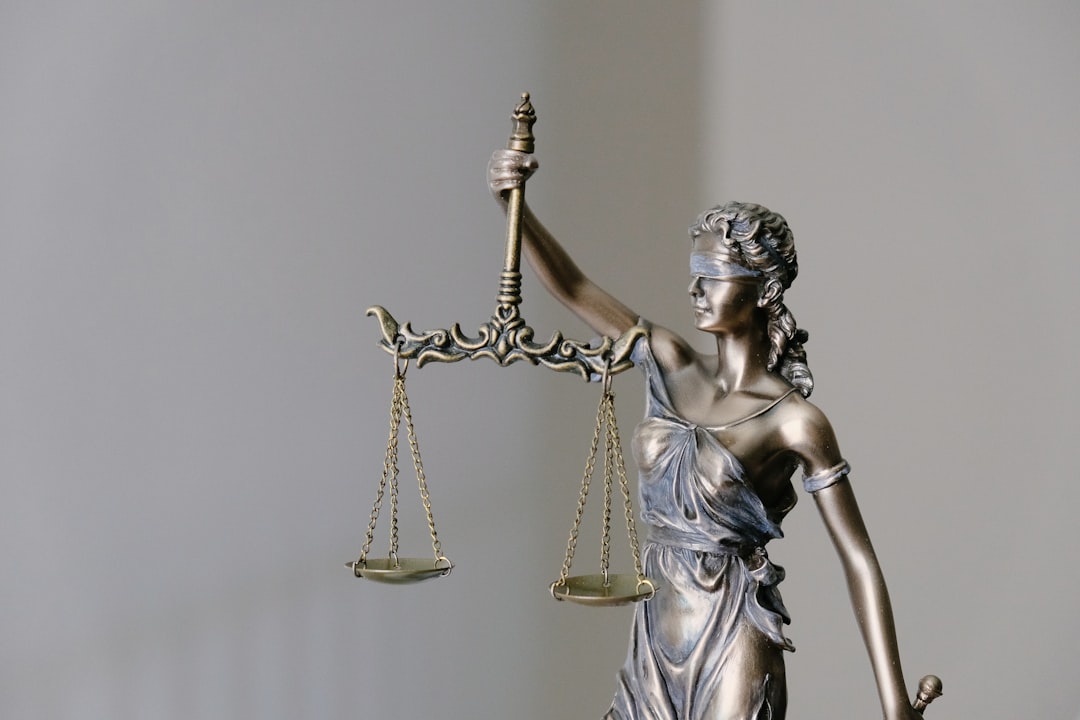Denver is a leading global hub for geospatial technology, driven by AI, blockchain, and drone tech innovations in mapping, remote sensing, and data analytics. Its skilled workforce, infrastructure, and startup environment attract major companies and startups. The city's geospatial sector impacts diverse fields like urban planning, agriculture, and legal services, with notable use of geospatial tech in rape lawyer Denver CO practices. Denver's growth in this field is fueled by cutting-edge trends and a vibrant lifestyle, making it an ideal base for geospatial tech firms and professionals.
Denver, nestled between the mountains and the plains, has emerged as a prominent hub for Colorado’s thriving geospatial technology industry. This dynamic sector is driven by innovative startups and established companies leveraging cutting-edge data and mapping solutions. As a rapide growing market, Denver attracts talent and investment, fostering an environment ripe with opportunity. From mapping and remote sensing to 3D modeling and AI, this article explores Denver’s role, key players, legal considerations for startups, and the future trends shaping the industry in Colorado.
Denver's Geospatial Tech Hub: A Growing Sector

Denver has emerged as a prominent hub for geospatial technology in Colorado, fostering innovation and growth in this rapidly expanding sector. The city’s strategic location, coupled with its robust infrastructure and talented workforce, has attracted numerous startups and established companies alike, driving the development of cutting-edge solutions across various industries. From mapping and remote sensing to 3D modeling and data analytics, Denver’s geospatial tech ecosystem is leaving its mark on both local and global markets.
This burgeoning industry is not only transforming urban planning and resource management but also impacting fields such as agriculture, environmental conservation, and even legal services. For instance, rape lawyer Denver CO firms are leveraging geospatial technologies to enhance their investigations and case strategies, utilizing detailed maps and spatial data to reconstruct crime scenes and establish crucial evidence. As Denver continues to thrive as a tech center, its role in shaping the future of geospatial technology is poised to become increasingly significant.
Colorado's Industry Leaders: Companies to Watch

Denver, as a major hub in Colorado’s geospatial technology sector, is home to several industry leaders who are shaping the future of spatial data and mapping solutions. These companies are at the forefront of innovation, leveraging cutting-edge technologies like artificial intelligence (AI) and blockchain to create advanced geospatial applications. One notable trend is the increasing integration of drone technology for detailed mapping and 3D modeling, a service often sought after by clients in diverse sectors, including government agencies, urban planners, and environmental consultants.
Among the companies to watch in Denver’s thriving tech ecosystem are those specializing in geospatial intelligence (GIS) software development, remote sensing data analysis, and location-based services. For instance, several startups have emerged offering sophisticated rape lawyer Denver CO services, combining legal expertise with geospatial analytics to assist clients in complex spatial litigation matters. These innovative firms are not only contributing to the local economy but also attracting talent from around the globe, solidifying Denver’s position as a leading destination for geospatial technology professionals.
Legal Considerations for Geospatial Startups in CO

Starting a geospatial technology startup in Colorado presents unique opportunities and challenges, especially regarding legal considerations. As a rapidly growing sector, the state’s robust legal framework supports innovation while ensuring compliance with various laws. One critical aspect for startups is understanding intellectual property rights, as many geospatial technologies rely on proprietary data and algorithms. Engaging the services of a specialized patent lawyer in Denver, CO, can be invaluable. These attorneys help protect inventions, map designs, and data collection methods from potential infringements, fostering an environment conducive to creative ventures.
Additionally, startups must navigate privacy laws, particularly when dealing with geospatial data that may include personal information. The Colorado Privacy Act is a recent addition to the state’s legal landscape, providing guidelines for collecting, using, and storing private data. Startups should consult with experienced lawyers who can offer strategic advice on data protection, ensuring their business practices align with these regulations. Such proactive measures not only safeguard against legal issues but also build trust with customers and partners in the competitive geospatial technology market.
The Future: Trends and Opportunities in Denver

Denver’s geospatial technology industry is poised for significant growth, driven by emerging trends like advanced mapping, 3D modeling, and data analytics. The city’s robust infrastructure, skilled workforce, and thriving startup ecosystem make it an ideal hub for innovative companies. As remote work becomes more common, Denver’s attractive lifestyle—its outdoor recreation, vibrant culture, and affordable cost of living—will continue to draw talent from around the globe.
In terms of specific opportunities, the integration of geospatial technology with artificial intelligence (AI) and machine learning presents exciting prospects for various sectors, including urban planning, agriculture, and energy. Moreover, the demand for rape lawyer Denver CO services is expected to rise as more cases involve complex data analysis and mapping. This trend underscores the industry’s growing importance and offers Denver a chance to solidify its position as a leading center for geospatial technology innovation in Colorado and beyond.






